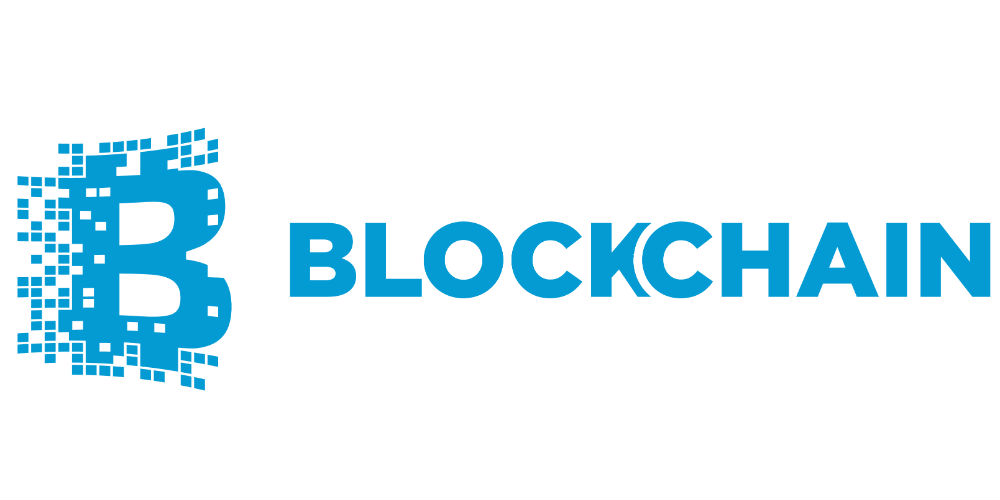Protect your transaction information and gain efficiencies with blockchain

In the world of financial technology, things can move quickly, and keeping up with the latest trends and activities can be a monumental task. One of the latest and most promising industry trends is the use of blockchain, a shared digital ledger of transactions.
What is blockchain?
Blockchain first came to recognition as the foundation of the cryptocurrency bitcoin. Bitcoin uses blockchain to structure, verify, and keep track of all bitcoin data. Blockchain is made up of blocks of transactions chained together and shared with the entire network. In the credit union world, the blocks are essentially transaction statements, chained in chronological order and visible to all participants in that banking system. A blockchain serves as a full digital ledger of all transactions.
Blockchain security
While blockchain may be used to assist and increase efficiencies in a number of industries, blockchain’s tamper-proof security offers huge advantages to credit unions in particular. Due to blockchain’s cryptography, data validation requirements, and time stamps, it’s next to impossible to manipulate data in a blockchain. Data entered in a block cannot be changed, and transactions cannot be reversed. When blocks are added to the chain, another layer of security makes it even more unlikely anybody could disrupt any portion of the data.
Here’s how blockchain keeps financial information safe:
- Blockchain distributes information on a need-to-know basis.
- Detailed financial information is available only to the parties involved in a specific transaction.
- General ledger information about every transaction is available to the entire network, providing transparency and the opportunity for all network members to verify that transactions are handled correctly.
- Each network participant is able to change its own data only; since no member is able to change the overall ledger, all participants enjoy the highest level of security.
How credit unions can use blockchain
There are a number of potential uses for blockchain technology in credit unions:
- Credit unions could realize substantial savings in staff hours, audits, and document storage requirements by using blockchain’s digital ledger in place of their own transaction records.
- Blockchain could be used to make retail payments and payments between countries faster, more efficient, and more secure.
- Blockchain’s ledger and detailed transaction data could be used to verify the sale and purchase of securities.
The future of blockchain in credit unions
If you’re investigating blockchain or considering using blockchain technology in your credit union, you’re in good company. According to a report by IBM, 15% of banks expect to use blockchain commercially this year. Blockchain may provide a smart way to cut costs while retaining the records required in the highly regulated credit unions world. In a study of eight top world banks, Accenture suggested that blockchain may help banks cut operational costs by 30%!
For additional information on the current state of payments and regulations, download our new ebook, Meeting Consumer Self-Serve Payment Demand.





